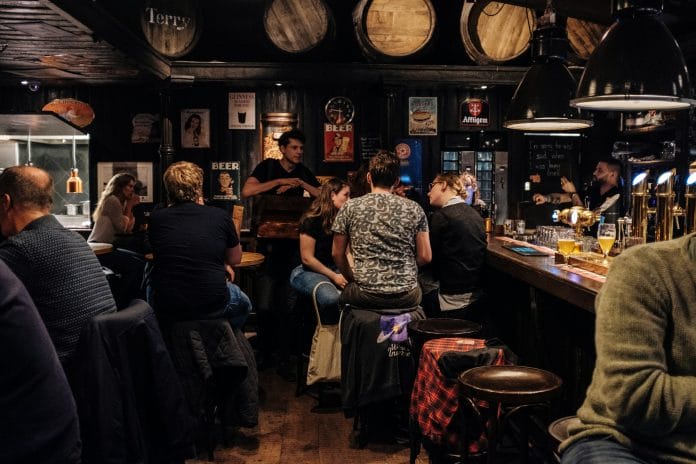The UK government’s recent Budget has sparked mixed reactions within the hospitality sector, particularly among pub owners and operators. While some of the Chancellor’s measures aim to support the industry, it’s feared that many of the proposals might place additional financial strain on already struggling pubs.
As costs climb across the board and the pressure on consumer spending intensifies, owners may face tough decisions in the coming months. Below, we explain how the new Budget could impact British pubs.
Less alcohol duty
A key announcement in the Budget is the reduction in alcohol duty for draught products, including beer and cider. From February next year, this duty will fall by 1.7%, taking “a penny off a pint in the pub”. The government’s aim is to provide pubs with relief, acknowledging their role in British culture and the economy.
This cut might offer a much-needed boost to operators and encourage customers to visit more frequently, particularly if they feel they are getting better value compared to buying cheap supermarket drinks. The Campaign for Real Ale (CAMRA) has welcomed the move, as it could support both local breweries and the pubs that serve their products.
Lower business rates relief
However, other measures in the budget are likely to make life harder for owners. Most notably, changes to business rates will see the 75% discount on rates for hospitality businesses reduced to 40%.
While the new lower rate of business rates for hospitality businesses may offer some relief, the decrease in discount might be a significant blow to small and medium-sized pubs that are already operating on slim margins. This means that many owners will see their overheads grow, with fewer resources available to reinvest in their businesses or maintain competitive prices.
Greater employment costs
Another concern for operators is the growth in employment costs. The government plans to raise employer National Insurance contributions from 13.8% to 15% and lower the threshold for payments to just £5,000 annually per employee.
Combined with the rise in the national living wage to £12.21 per hour for workers over 21, these changes will make it more expensive for pubs to employ staff. Given that many establishments rely on part-time and younger workers, this increase in staffing costs could squeeze profit margins further, potentially leading to job cuts or price hikes to offset the additional burden.
What does the future hold?
The higher costs might ultimately affect the price of a pint, with industry experts warning that the cost of a drink could go up by as much as 40p. For some establishments, particularly in rural or less-wealthy areas, these price increases may be enough to drive customers away or even lead to closures. Some estimates suggest that up to 9,000 pubs could shut down over the next 12 months because of these challenges.
While the budget offers some support for pubs, including the alcohol duty cut, the overall impact might still be detrimental. Owners may want to reassess their finances and consider measures like re-evaluating whether they have the right level of pub insurance for their changing situation or adjusting staffing models to weather the storm.
The coming months will be critical in determining whether these changes can help revive the industry or whether the pressures will lead to further closures.



 Bitcoin
Bitcoin  Ethereum
Ethereum  Tether
Tether  XRP
XRP  Solana
Solana  USDC
USDC  Cardano
Cardano  TRON
TRON  Lido Staked Ether
Lido Staked Ether  Avalanche
Avalanche  Toncoin
Toncoin